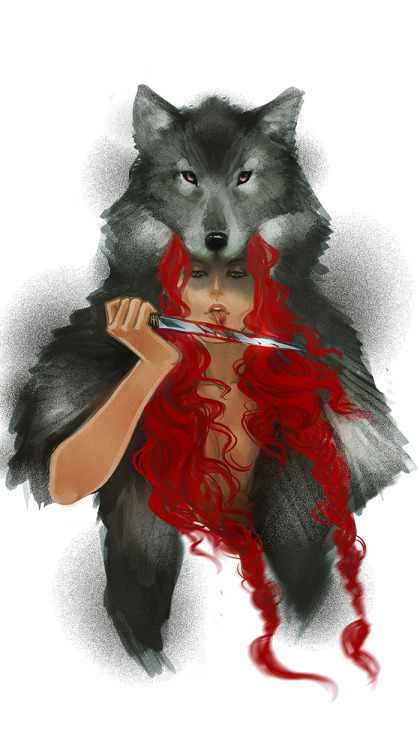In Roman mythology, Vesta is the Goddess associated with fire - in particular the hearth fire. She was also regarded as the guardian of the Roman people and of the city itself. Vesta was such an important deity in Roman mythology that she was counted as one of the Dii Consentes - literally, the 12 most honoured deities in the Roman pantheon, similar to the 12 Olympians of Graeco mythology.
There are few stories involving Vesta, which is surprising given her importance. The ones that are known about her are limited to tales of immaculate conception involving a phallus appearing in flames, which, I suppose, in a way is contradictory Vesta and her priestesses (The Vestals) were celibate.
Vesta, unlike many of the other Roman gods, was very rarely depicted in human form. She was depicted as fire, a fire stick or a ritual phallus. She was seen as a well-behaved deity, in that she didn't bother with the quarrelling of the other gods and she was regarded as the cleanest of the all the gods, which makes sense, given that a number of cultures view fire as something that cleanses. The ritual phallus on the other hand is associated with Vesta's connection to agriculture and fertility.
In her temple, rather than a statue, there was a fire that was dedicated to her - The Eternal Flame. The belief was that the fire had to re-lit every year to ensure the preservation and continuity of the Roman state. Clearly the Vestal Virgins didn't do their job properly since the Empire ultimately crumbled.
Image source: sara-otterstaetter.homepage.t-online.de
* * * * * * * * * * * * *
Don't forget to follow me on Facebook and Twitter!
http://facebook.com/NorthSeaPoet
http://twitter.com/NorthSeaStorm
Also, my debut book A FUNERAL IN EREBUS is now out can be purchased for £7 from this location!
You can also pledge to me on Patreon: http://patreon.com/NorthSeaPoet



